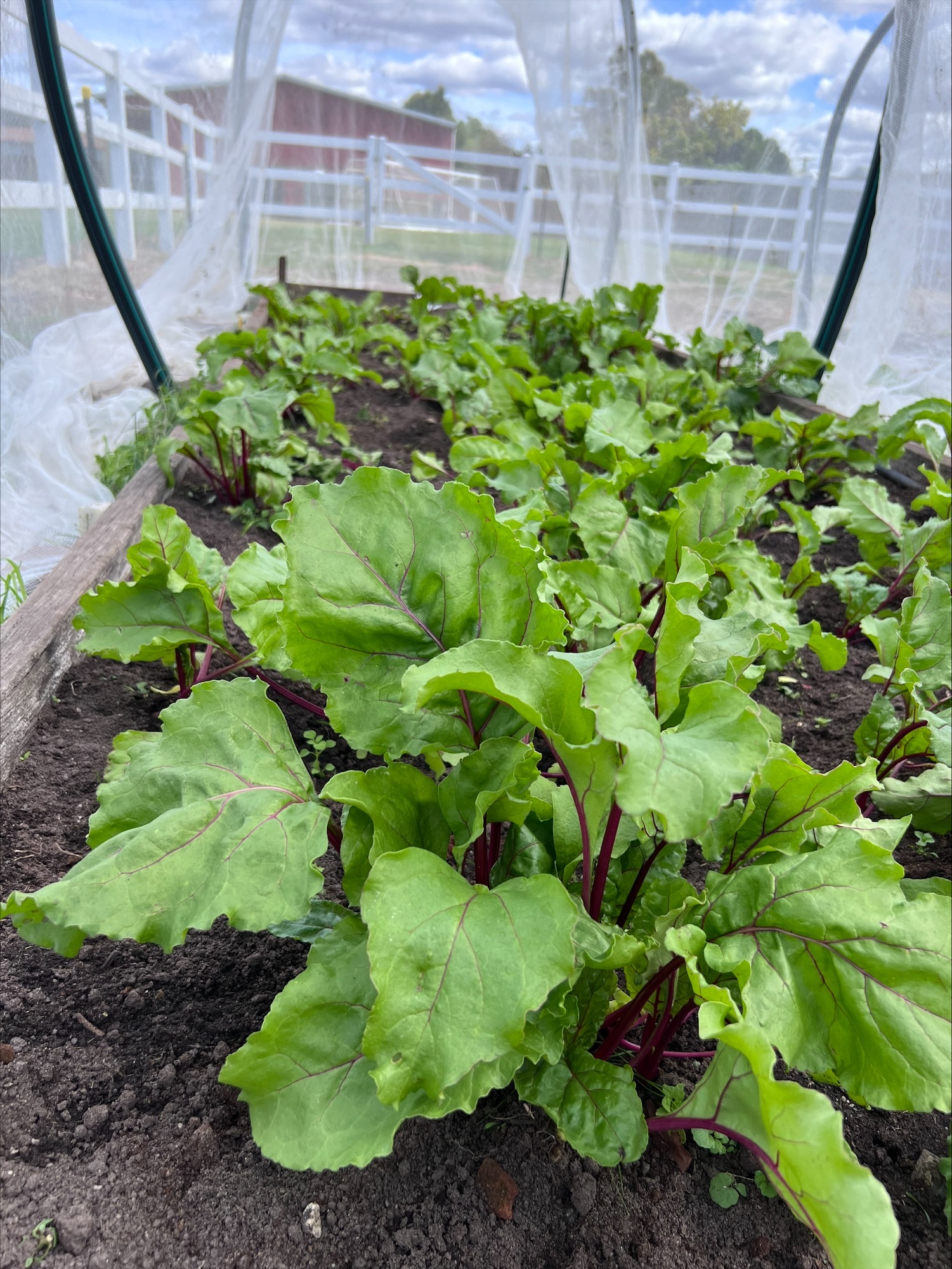31st August 2023
The Nature Conservation Council of New South Wales (NCC), the state’s leading environmental advocacy organisation, has today labelled the reported death of an endangered Greater Glider just 50m from Forestry Corporation’s logging operation in Tallaganda state forest ‘appalling and unnecessary’.
Analysis released today by the Nature Conversation Council shows that rather than being an isolated incident, greater glider habitat is being logged all over NSW.
Map: Greater Glider population density (yellow) overlaid with planned logging operation (white)
“Our research shows that logging is planned in critical glider habitat right across the south coast” Dr Brad Smith, NCC acting CEO said today.
Last year the Threatened Species Committee declared that Southern Greater Gliders are particularly at risk from timber harvesting because logging has caused “a progressive decline in numbers of hollow bearing trees” [1]
“The fires decimated greater glider habitat, so it is now critical that the remaining healthy refuges for gliders, koalas and many other native animals are protected.
“We today call on Ministers Sharpe and Moriarity to assure the people of NSW that there will be no more senseless logging of greater glider and koala habitat, and that they will do everything in their power to protect these endangered species from extinction”.
“Logging should never have been permitted in a stronghold of greater glider habitat.”
“The fact that over half the trees logged on the South Coast is woodchipped for export makes the death of these gliders even harder to take.”
“Forestry Corporation is a rogue agency and needs to be reined in. This stop work order adds to ten other fines and prosecutions since 2020 for breaches such as illegally felling protected giant trees, felling trees with hollows, and felling koala feed trees.”
This incident also highlights the critical importance of citizen scientists, who identified the local population of 400 greater gliders to the EPA. Unfortunately, the EPA is not always able to intervene as they have here due to a shortage of resources.
NCC has been working with local environmentalists and scientists to develop a toolkit to help people from across NSW to monitor, report and stop illegal logging activities.
Our Breach Watch website and handbook is designed to support people to survey a forest before it has been logged (both from home and in the field) report future of previous breaches to the EPA. This can lead to measures like ‘exclusion zones’ being implemented to protect critical habitats and species, and fines issues for egregious breached in logging conditions.
“Everything in this toolkit is entirely legal. It offers concerned citizens with a tangible way they can protect the forests. Over the coming weeks and months, we will be working with groups on the ground to further support people prevent or report breaches illegal logging activity.
“The strategic use of citizen science was instrumental in the recent decision by the Victorian Government to end to native forest logging by 2024.
“A group of well trained and organised environmental defenders secured stop work orders across tens of thousands of hectares of forest, saw VicForest accrue millions of dollars in fines, and exposed gross malpractice that made it impossible for the government to continue to defend the loggers.
“On a smaller scale, we’ve seen this have a huge impact in NSW. Stop Work Orders’ were implemented in Wild Cattle Creek and South Brooman Forest here in NSW, which effectively halting logging operations for months.
“Over the coming weeks, NCC will be working with local groups to organise online and field training programs, to provide people in NSW with the opportunity to monitor and report illegal activity.
“We only know about this glider death because locals concerned about the Gliders undertook monitoring. But with the scale of logging happening across NSW, much more is needed.
References
[1] “the sensitivity of Southern Greater Gliders to timber harvesting has been well documented. Although some habitat across the species’ range is found in conservation reserves (Smith and Smith 2018; Wagner et al. 2020), prime habitat coincides largely with areas suitable for timber harvesting (Braithwaite 1984). There is a progressive decline in numbers of hollow bearing trees in some production forests, as harvesting rotations become shorter and dead stags collapse, and hollow bearing trees are not being replaced due to lack of recruitment.
NSW Threatened Species Commission, Final Determination petaurides volans, P.4
Statement ends








